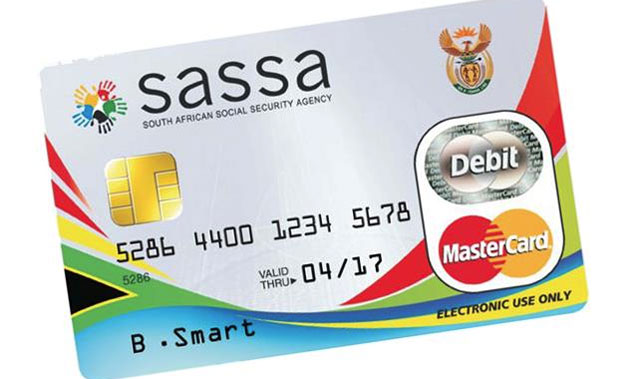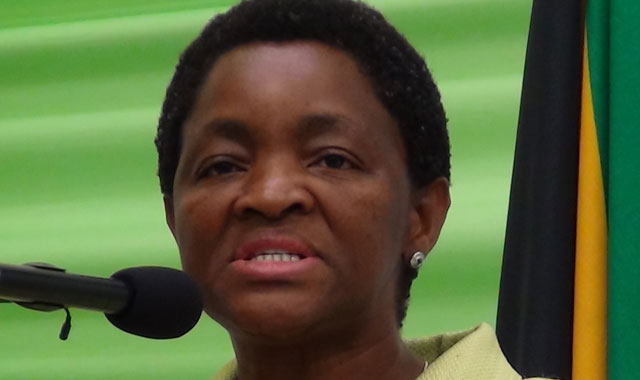
South Africa’s welfare agency said it withdrew its application to the nation’s highest court to extend a payment distribution contract with Net1 UEPS Technologies the day after it filed it.
That’s added to confusion around how the government plans to ensure more than 17m people continue to get their payments in April.
The application was filed by CEO Thokozani Magwaza on Tuesday even as social development ministry officials told lawmakers on the same day that the South African Social Security Agency (Sassa) would inform the constitutional court of its decision to conclude a new contract with Net1.
Nathi Mncube, a spokesman for the court, said that while it had been notified of the intention to withdraw, the process is yet to be completed.
While the court ruled the current contract, which ends this month, invalid in 2013 because of the way it was awarded, the welfare agency failed to comply with a ruling that it conduct a new tender to find an alternative service provider.
The withdrawal comes after Johannesburg’s The Star newspaper reported on Tuesday that Magwaza had been suspended. Magwaza denied in an interview that he’d been suspended and was on sick leave. He said social development minister Bathabile Dlamini had disagreed with his decision to write to the Post Office to ask if it could distribute the more than R140bn in welfare annually.
Sassa’s change of heart on the court case demonstrates its poor judgment, human rights group Black Sash said in a separate court filing on Wednesday.
“Sassa appears to consider this is an acceptable mode of behavior by a major organ of state performing a vital social function,” Black Sash said. “I respectfully submit that this demonstrates that its judgment as to what is acceptable cannot be relied upon.”
President Jacob Zuma has asked social development department director-general Zane Dangor to a meeting in Pretoria over the issue, News24 reported, citing Dangor.
The national treasury, which falls under finance minister Pravin Gordhan, warned Dlamini in a letter last month that extending the contract without approval from the constitutional court would open the government to legal challenges.

On Tuesday, Black Sash Trust filed a legal challenge asking the court to have oversight of the terms of any contract extension or new contract with Net1 and for the minister and Sassa to regularly report to it on progress in finding an alternative to Net1.
Zodwa Mvulane, an official at the welfare agency, told lawmakers on Tuesday that Sassa had decided to conclude a new contract with Net1 because no one else was capable of stepping in to pay the grants. By doing so it may be seen to be seeking to circumvent the constitutional court’s 2013 ruling.
“Sassa knew in August or September last year that they would be unable to handle the takeover of grants on 1 April 2017,” the opposition Democratic Alliance said in an e-mailed statement. “Why did they not put out a competitive bid then already?”
Fee increases
Gordhan announced increases of between 3,4% and 7% to different categories of welfare payments from state old-age pensions to child-support grants in his 22 February budget. A letter from Magwaza to the treasury that was filed as part of the constitutional court application showed the fee Net1 will charge per beneficiary under a new or extended contract may rise to R22-R25, from R16,44 currently.
The central bank said it favours the welfare agency using a range of banks to distribute grants, which would eliminate the need to award a “winner-takes-all” tender, reduce costs and enable grant beneficiaries to select accounts and products of their choice.
“The South African Reserve Bank will support a transitional option chosen by Sassa that will ensure continued payment of social benefits,” Tim Masela, head of the bank’s national payment system department, told members of parliament’s social welfare committee in Cape Town on Wednesday.
“The Reserve Bank however believes that finalisation and implementation of the future architecture of the social benefits payment system should be undertaken without further delay. Choices have to be made urgently.” — (c) 2017 Bloomberg LP




